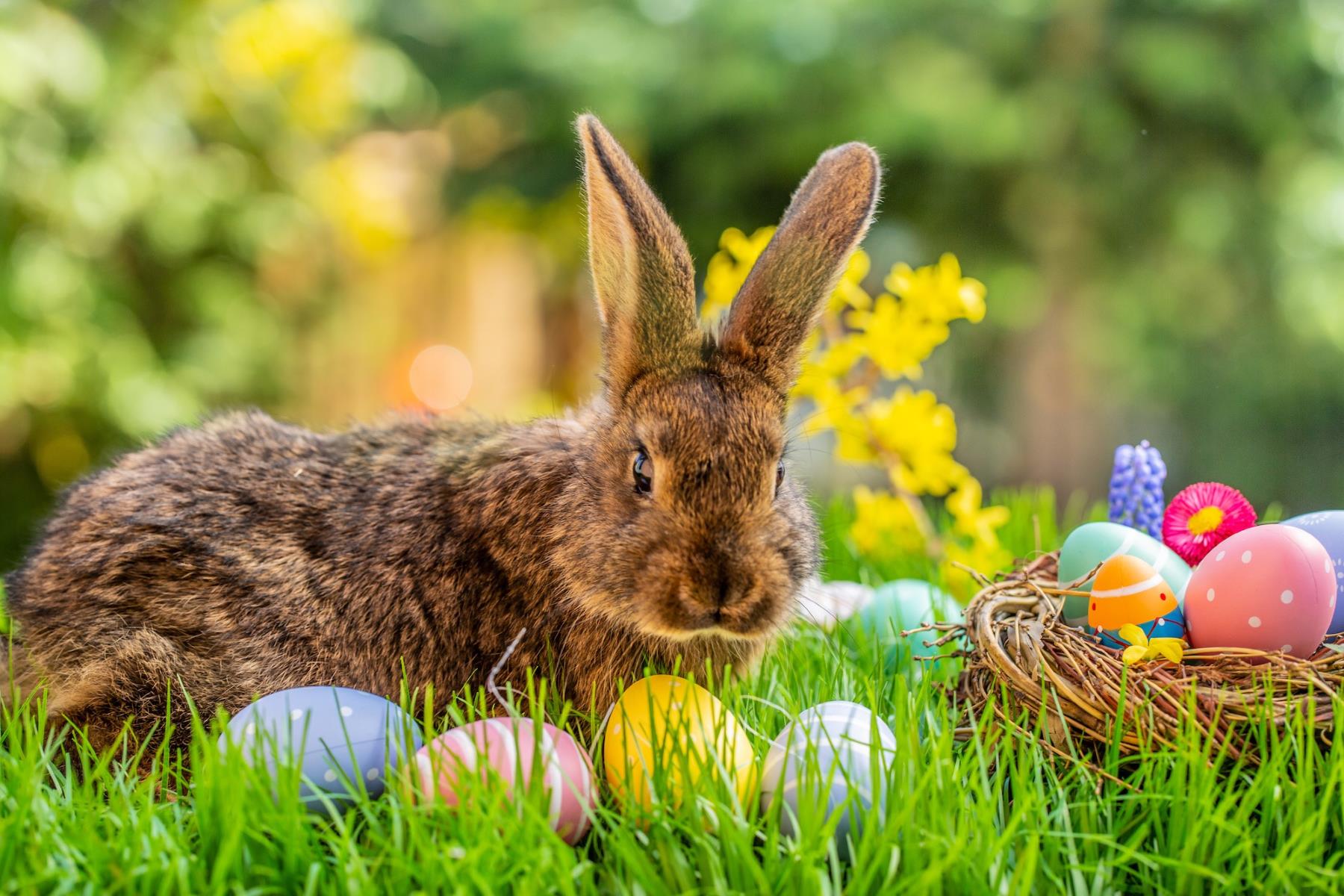
Ever wondered why Easter Monday feels like a holiday encore? Easter Monday is that extra day of relaxation and celebration following Easter Sunday, but there's more to it than just an extended break. From unique traditions around the globe to its religious significance, this day is packed with interesting tidbits. Why do some countries have kite-flying contests, while others enjoy egg-rolling competitions? And how did this day earn its spot on the calendar? If you're curious about the quirky customs and the history behind April 1st being more than just April Fool's Day, you're in for a treat. Let's crack open the shell of mystery surrounding Easter Monday and hop into some fascinating facts that might just surprise you.
Key Takeaways:
- Easter Monday is a day of rest and reflection for Christians, with unique traditions and festivities around the world, from egg rolling in England to water sprinkling in Hungary.
- It's a time for family gatherings, shared meals, and community activities, with special foods like hot cross buns and lamb dishes symbolizing the significance of Easter Monday.
What is Easter Monday?
Easter Monday is the day after Easter Sunday, celebrated by Christians around the world. It marks the end of the Easter weekend and, for many, is a day of rest and reflection on the significance of the resurrection of Jesus Christ. Unlike Easter Sunday, which commemorates the resurrection itself, Easter Monday offers a moment for continued celebration and, in some cultures, is accompanied by unique traditions and festivities.
Traditions Around the World
-
In England, one of the most whimsical events takes place: the annual egg rolling competition. Participants roll decorated hard-boiled eggs down a hill, and the egg that travels the farthest without breaking wins.
-
Hungary celebrates with a tradition known as "Watering Monday." Men playfully sprinkle water or perfume on women, who in turn give them painted eggs or treats as a thank you.
-
In Australia, Easter Monday is a public holiday, and many take advantage of the long weekend to go camping or engage in outdoor activities with family and friends.
Easter Monday Foods
-
Hot cross buns, traditionally eaten on Good Friday, often make a reappearance on Easter Monday. These sweet, spiced buns with a cross on top symbolize the crucifixion and are a favorite in many households.
-
In Italy, families might enjoy the leftover "Colomba di Pasqua," a dove-shaped Easter cake that symbolizes peace and the Holy Spirit.
-
Lamb is a common dish served on Easter Monday in several countries, representing Jesus Christ as the Lamb of God. It's often prepared as a roast, stew, or part of a barbecue.
Unique Easter Monday Events
-
The White House Easter Egg Roll is a notable event in the United States, where children roll Easter eggs across the White House lawn, a tradition that dates back to 1878.
-
In Ireland, Easter Monday was historically significant for the 1916 Easter Rising, an event commemorated with parades and ceremonies in remembrance of those who fought for Irish independence.
-
The "Emmaus walks" are popular in the Netherlands and parts of Germany. These leisurely walks or hikes on Easter Monday are inspired by the biblical story of the walk to Emmaus, symbolizing hope and renewal.
Why Easter Monday Matters
-
Easter Monday serves as a day of rest for many, offering time to reflect on the spiritual significance of Easter and the message of rebirth and renewal.
-
It's also a day for community and family gatherings, continuing the celebrations of Easter Sunday with shared meals, games, and activities.
-
For Christians, the day is a reminder of Jesus' appearance to his disciples after his resurrection, reinforcing the message of hope and faith.
Easter Monday Around the Globe
-
In Poland, Easter Monday is known as "?migus-Dyngus" or Wet Monday, where people, especially young boys, drench each other with water. This tradition is thought to bring health and beauty.
-
In the Caribbean, kite flying is a popular activity on Easter Monday, with elaborate kites designed and flown to symbolize Christ's ascension.
-
Finally, in Canada, particularly in the province of Quebec, Easter Monday is a statutory holiday, allowing for a variety of public events and activities, including art exhibitions and family-oriented festivals.
A Final Look at Easter Monday
Easter Monday, celebrated right after Easter Sunday, holds a special place in various cultures around the world. From the White House Egg Roll in the U.S. to the unique tradition of dousing in Poland, this day is filled with fun, reflection, and a continuation of the Easter spirit. Whether it's partaking in outdoor activities, enjoying a day off with family and friends, or engaging in religious ceremonies, Easter Monday serves as a gentle reminder of renewal and joy. As we've seen, traditions vary widely, but the underlying message of hope and new beginnings resonates universally. So, next time April 1st rolls around, remember it's not just another day; it's a day steeped in history, culture, and the promise of spring's renewal. Let's keep these traditions alive and pass them on, enriching our celebrations of Easter Monday.
Frequently Asked Questions
Was this page helpful?
Our commitment to delivering trustworthy and engaging content is at the heart of what we do. Each fact on our site is contributed by real users like you, bringing a wealth of diverse insights and information. To ensure the highest standards of accuracy and reliability, our dedicated editors meticulously review each submission. This process guarantees that the facts we share are not only fascinating but also credible. Trust in our commitment to quality and authenticity as you explore and learn with us.
